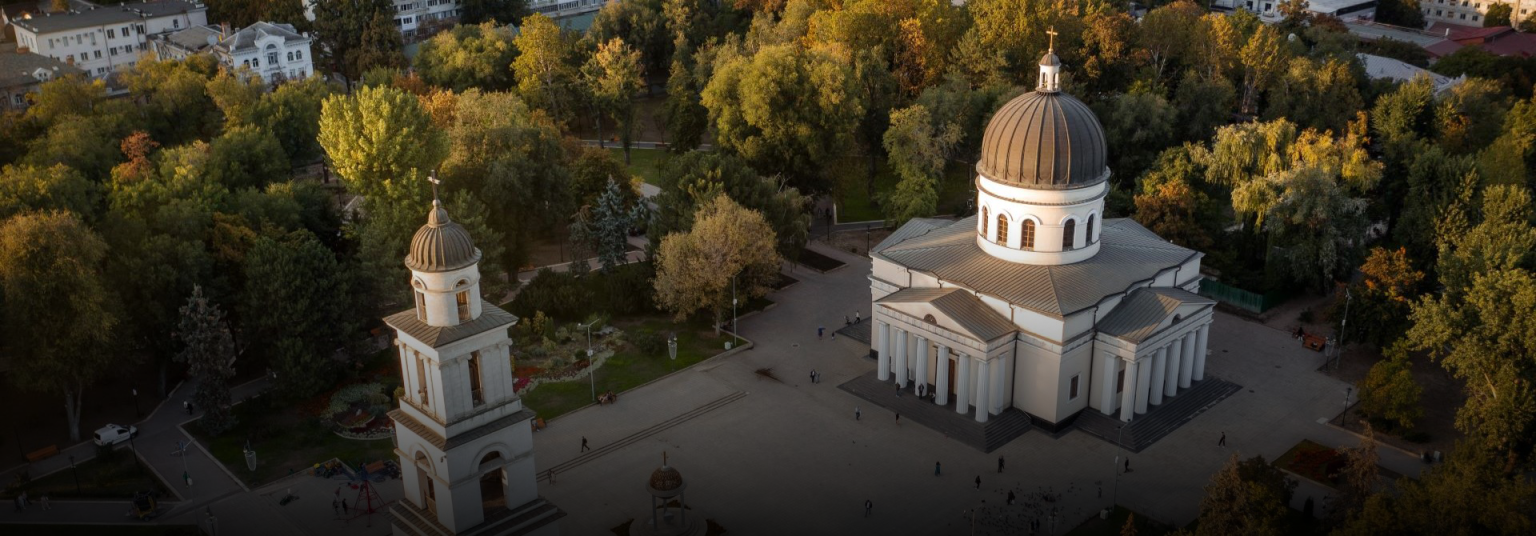Listen to the article
In a battle for hearts and minds that stretches across Eastern Europe, Moldova has emerged as a critical front line in the struggle against sophisticated disinformation campaigns. As this small nation pursues democratic reforms and closer alignment with Western institutions, it faces an increasingly complex threat designed not merely to mislead but to systematically erode public trust in government.
Russian influence operations in Moldova have evolved far beyond traditional propaganda tactics. They now manifest as highly localized, emotionally resonant narratives that appear indigenous rather than foreign. Since President Maia Sandu’s pro-European government took office in 2020, these efforts have intensified, targeting the fundamental trust between citizens and their elected institutions.
What makes these campaigns particularly insidious is their disguise. Rather than arriving as obviously foreign messaging, disinformation flows through local media channels, employs familiar cultural references, and mimics trusted domestic voices. These are not external actors shouting from the outside but foreign interests wearing familiar faces.
The historical context runs deep. While Soviet-era state media functioned as explicit tools of power, post-1991 Russia adapted its approach for neighboring countries. In Moldova, this strategy blends domestic legitimacy with Kremlin-aligned messaging. TV channels such as NTV Moldova and Primul Moldova appear locally grounded while subtly reshaping public opinion to favor Russian strategic interests.
Moldova’s Russian-speaking minority represents a particularly strategic target. With over 80 percent of the population understanding Russian, these communities become both recipients and amplifiers of disinformation. The narratives deployed are psychologically sophisticated, tapping into nostalgia for the Soviet past, skepticism toward rapid westernization, and fears of cultural marginalization.
In 2023, the Moldovan government took decisive action by banning 31 websites identified as spreading pro-Russian disinformation and establishing a Center for Strategic Communication. These measures, while necessary, highlighted a central dilemma facing emerging democracies: how to protect public discourse without appearing to suppress free speech.
The backlash was immediate. Disinformation networks quickly migrated to platforms like Telegram, Facebook, and YouTube, where content moderation is looser. In predominantly Russian-speaking regions such as Gagauzia, the government’s actions were characterized not as protecting democracy but as silencing opposition. This reveals a painful paradox: efforts to defend democratic trust can inadvertently feed narratives designed to destroy it.
The impact has been measurable. Public confidence in President Sandu declined significantly during her first year, while government disapproval surged between 2021 and 2024. These shifts reflect more than policy outcomes—they demonstrate how disinformation has created a distorted lens through which many Moldovans view their government, one shaped by conspiracy theories and cultural manipulation.
“What is unfolding in Moldova is more than an information crisis. It’s a crisis of trust that threatens the entire democratic project,” notes one regional analyst who tracks disinformation trends. “When vertical trust—the faith citizens place in their institutions—erodes, reforms stall, public unrest grows, and anti-democratic forces gain strength.”
Moldova’s experience mirrors challenges faced across Eastern Europe and Central Asia. From Georgia to the Western Balkans, emerging democracies contend with Russian pressure, social fragmentation, and institutions still building legitimacy. In such environments, disinformation thrives not because of ideological appeal but because uncertainty and distrust create fertile ground.
Experts emphasize that technical solutions alone are insufficient. While content bans and fact-checking institutions serve important purposes, democracies must also communicate more effectively, connect reforms to citizens’ lived experiences, and build credibility through transparency rather than control.
“Disinformation doesn’t succeed by being convincing,” explains one media literacy advocate working in the region. “It succeeds when people stop believing that truth matters at all.”
As Moldova and other countries along democracy’s frontier move closer to European integration, they must defend not just territorial borders but civic imagination. The battle against disguised disinformation represents more than an information war—it’s a struggle for the very foundation of democratic governance: public trust.
In this contest, Moldova stands as both warning and case study. Once lost, trust proves difficult to rebuild. Yet it remains democracy’s most valuable currency, especially in an age of information abundance. For nations on the democratic frontier, preserving that trust may be both their greatest challenge and their most crucial responsibility.
Fact Checker
Verify the accuracy of this article using The Disinformation Commission analysis and real-time sources.



